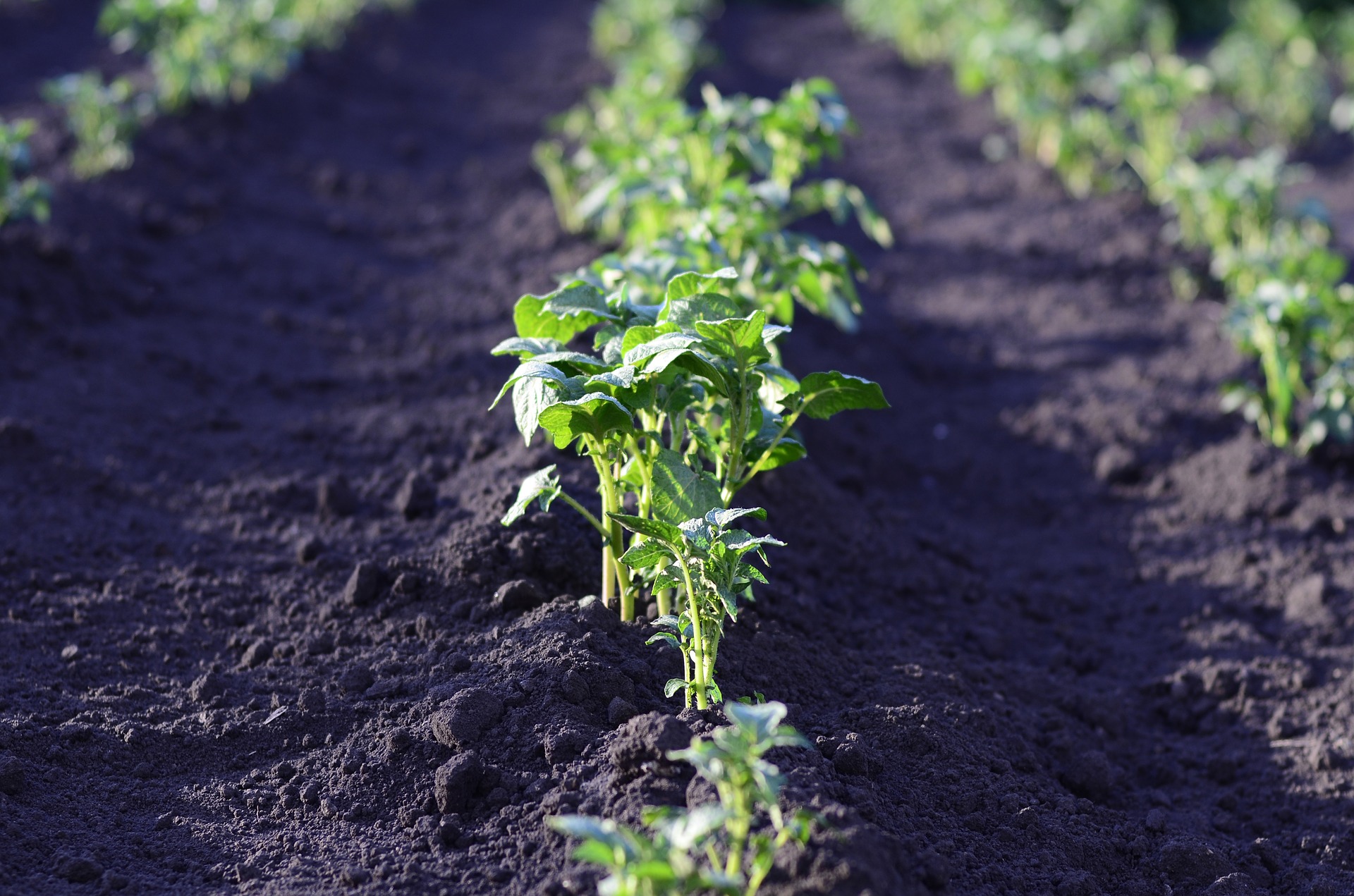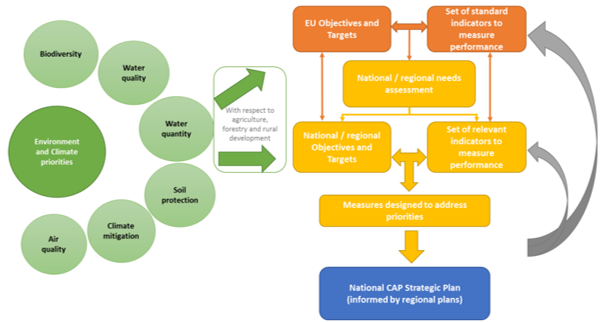In February 2018, the Institute for European Environmental Policy (IEEP) published a report in response to the Commission’s proposal for a performance-based future CAP. The paper lays out a set of ideas for such a delivery model to ensure ambitious environmental policy rather than a continuation of business-as-usual CAP funding.
At the end of last year, the European Commission lay out its vision for the Future of Food and Farming in Europe. A key feature of the Communication was the proposal of a new CAP delivery model in order to “streamline its governance, improve its delivery on EU objectives and to decrease bureaucracy and administrative burden.” This is a shift toward a performance-based delivery, granting greater subsidiary and responsibility to Member States in deciding how EU objectives and targets may be reached. It is framed as “moving from a one-size-fits-all to more tailor-made solutions.”
This is a response to two key criticisms of the current CAP: first, that objectives (both large and small) are not clearly defined and therefore hard to measure success, and second that there is too little coordination between Pillar 1 and Pillar 2 measures. A proposed system of national plans set to meet international targets “would aim to favour integrated and innovative approaches and make the policy framework more adaptive and innovation friendly.”

The IEEP produced a report detailing the potential for such a delivery model to ensure that environmental considerations remain a priority at EU, Member State and regional level. With a focus on objectives, targets, necessary indicators and data required to monitor, the report outlines a series of suggestions for how a results-approach could be used for environmental benefit.
The Commission proposal thus far is that the EU sets basic policy parameters such as the objectives of the CAP and key requirements. Then, Member States construct Strategic Plans which cover both Pillar 1 and Pillar 2 interventions. These focus on objectives and expected results. The Commission would then assess and approve these plans, overseeing the delivery of results.

Key questions for the IEEP concern how environmental considerations remain a priority alongside social and economic issues and how progress can be properly measured, deeming Member States accountable.
The most significant takeaway from the paper is that moving toward a truly performance-based system is no small feat. It implies a fundamental adjustment to the policy.
It requires
- A systematic change in mind-set
- Significant time and preparation in order to be operationalised by the early 2020s
- Clarity about the role and scope of a results-oriented approach
- That it is a conditional element of CAP funding ‘as opposed to a new set of hoops that must be jumped through in order to continue with measures and payments much as they are now’
- Advice and support with(in) Member States
There must be improvement in scale and quality of data collection and analysis to ensure effective monitoring and results assessment to take place. Such an approach could easily sideline environmental prerogatives again and so it must be ensured that environmental objectives are given significant weighting.
There is potential in a performance-based approach, and it is certainly a move in the right direction. Yet the report emphasises that “the danger of creating [a] complex mechanism that ultimately serves only to legitimise a continuation of current support systems is ever present, as past experience of the CAP underlines.” These are no uncertain terms, and the paper goes even further to quote Emil Erjavec saying
“There is the dangerous and very real option that MS will use the façade of strategic planning to keep current suboptimal mechanisms in both pillars. This almost seems to be an inevitable fact given the current political-economic situation. Is ‘greenwashing’ to be followed by ‘strategy faking’?”
It will be interesting to see how the Commission responds to these ideas and to what extend they will be considered in the upcoming CAP reform.





